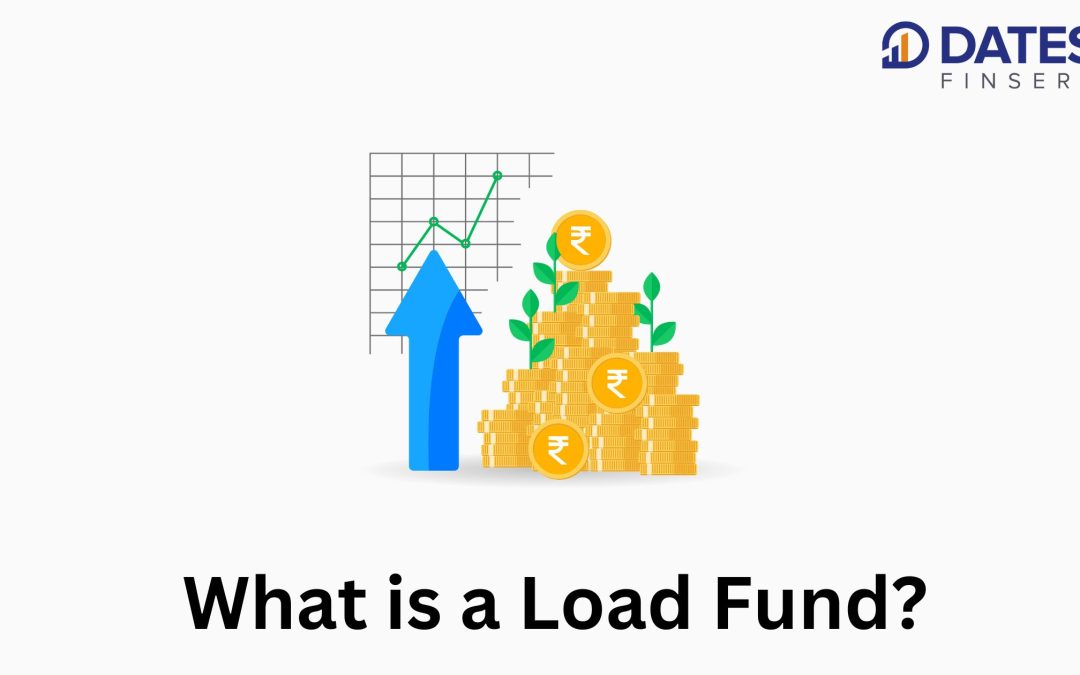What is a Load Fund?
A load fund is a mutual fund that charges a sales commission or load when you buy or sell shares. The load is typically a percentage of the amount you invest, and it can range from 1% to 5%. Load funds are often sold through financial advisors or brokers, who earn a commission on the sales.
Types of Load Funds
There are three main types of load funds:
- Front-end load funds: These funds charge a sales commission when you buy shares. The commission is deducted from your investment amount, so you’ll receive fewer shares than you would if you bought a no-load fund.
- Back-end load funds: These funds charge a sales commission when you sell shares. The commission is typically lower than the front-end load, and it may decrease over time.
- Level-load funds: These funds charge a sales commission that is a percentage of the amount you invest, and it stays the same over time.
also read it – No-Load Funds: What Are They and Are They Right For You?
Advantages Of Load Funds
- Load funds may offer better performance than no-load funds. This is because load funds typically have more experienced management teams and higher expense ratios.
- Load funds may provide more personalized service. Financial advisors who sell load funds can help you choose the right fund for your needs and monitor your investment performance.
Disadvantages Of Load Funds
- Load funds can be more expensive than no-load funds. The sales commission can eat into your returns, especially if you invest a small amount.
- Load funds may be less liquid than no-load funds. This is because there are fewer buyers and sellers of load funds, so it may be more difficult to sell your shares quickly.
Should You Invest in a Load Fund?
Whether or not you should invest in a load fund depends on your individual circumstances. If you’re looking for a fund with the potential for high returns and you’re willing to pay a higher price, then a load fund may be a good option for you. However, if you’re on a tight budget or you’re not sure which fund is right for you, then a no-load fund may be a better choice.

